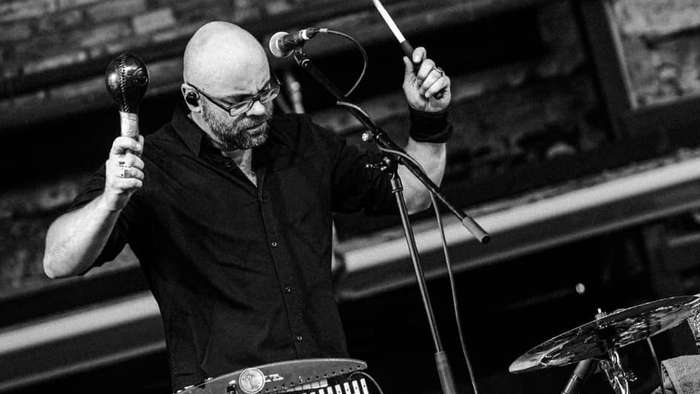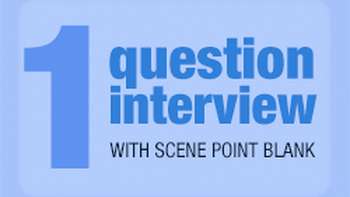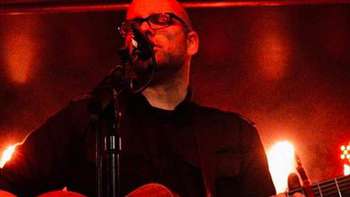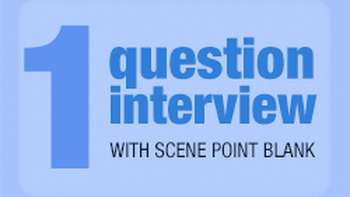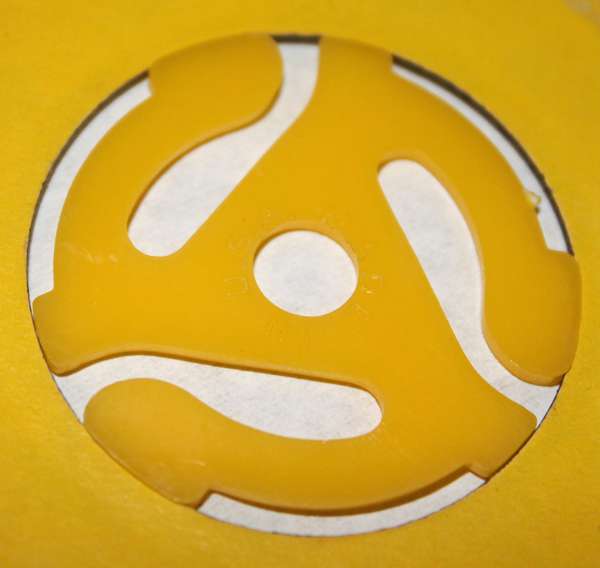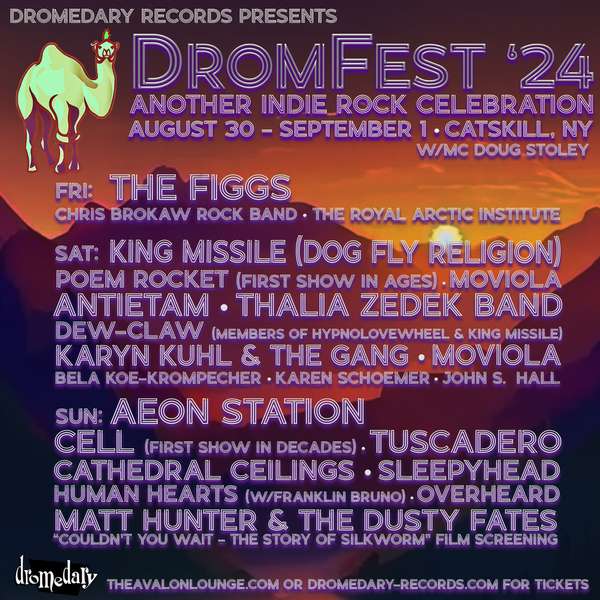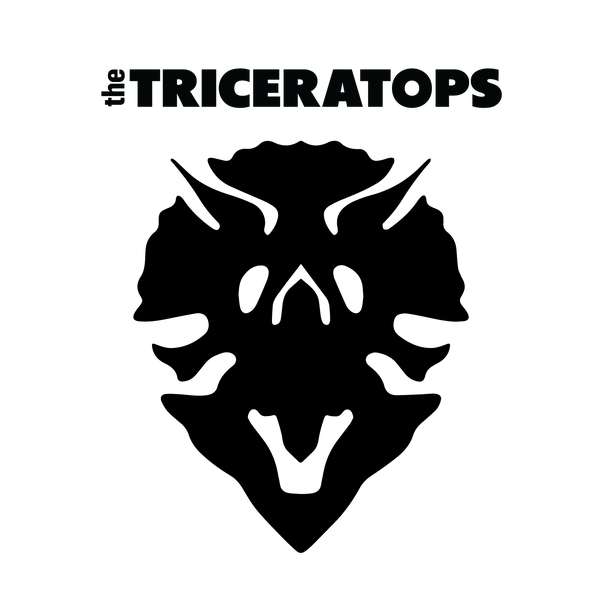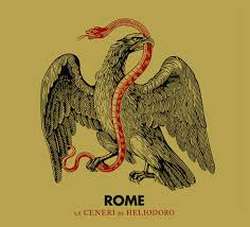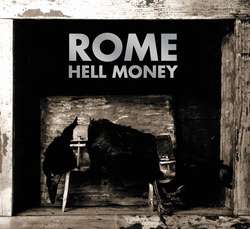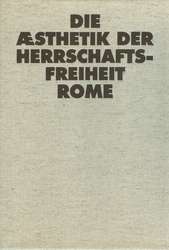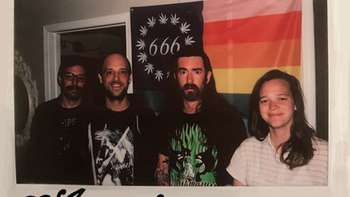Music is often a vessel in which ideas not easily described can be laid out and processed in ways other than conversation. For Luxembourgish dark folk band ROME, that is certainly the case, as founder Jerome Reuter explains to us in the following interview. Disclaimer: the interview was sent at the beginning of the year and, as will become apparent during the course of reading, Jerome has been extremely busy in the last few months. Still, better late then never!
Scene Point Blank: The artwork for Hegemonikon is that of a ship breaking through the ice, making its way into the unknown -- this also seems to translate into the lyrical themes as the album moves forward through war and protest and the path to a hard won victory. How did you alight upon this image for the cover art?
Jerome: The cover was a suggestion by the artwork designer after I fed him some rather general comments on how I perceive the album. I wish there was some magical background to it all other than it just feeling fitting and refreshing. And we are, indeed, cruising a few cooler new places on this one…so there is that.
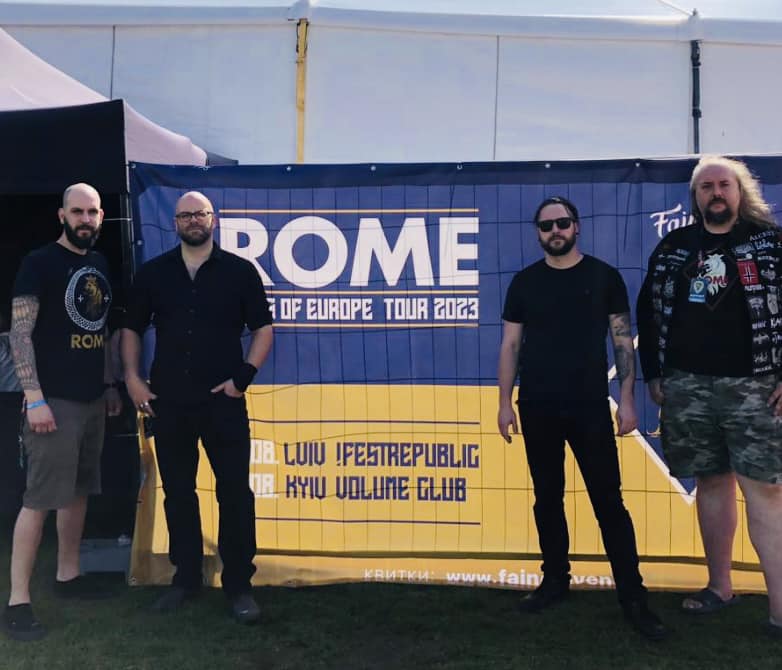
Scene Point Blank: I hear references to the sea, to the sky, the great and unexplored aspects of our world -- do you feel that these lend themselves well to metaphors as to how current situations are playing out?
Jerome: I think they always do in a way. It is all rather weird to comment on that now, with the war raging and all. Hegemonikon was finished before the war, so the references to Kyiv were rather accidental. It was all in the air, I guess, and it got channelled.
Scene Point Blank: The tour for The Lone Furrow, released in 2020, could finally happen last year. How much did the pandemic affect the way you work? In terms of recording, not being able to play live shows?
Jerome: The pandemic affected everything. Mostly negatively, that is. I did continue to record stuff, but when you do not really have any sort of exchange with the outer world through shows and gatherings, it is really hard to keep it all up. I just ended up drinking way too much. Financially it was a disaster, of course. And the so-called industry is still recovering. A lot of it is gone for good. And in the meantime the world has become an even harsher place. So there you go. I do not like to complain. It is the path I chose.
Scene Point Blank: You’ve been a fairly vocal supporter of Ukraine in recent times and the album also appears to coincide with those themes. What about this conflict touched you so deeply and did you realise through the recording/writing process that you were perhaps making an album that was so timely?
"I happened to play a series of shows in Ukraine only a few days prior to the invasion. I have had friends there for a number of years. We have been touring in Ukraine somewhat regularly since 2015. And when you see close friends of friends being gunned down, you do not stay uninvolved."
Jerome: To me this album never seemed that particularly timely while writing it. These moments keep reoccurring throughout history. I was after the general principle, I must assume. But reality caught up with a lot of it. There will be a very timely release soon that deals with the war directly, actually.
Yes, I am very vocal about supporting Ukraine. We are talking about a free tribe of Europe with a rich and unique history under attack. I happened to play a series of shows in Ukraine only a few days prior to the invasion. I have had friends there for a number of years. We have been touring in Ukraine somewhat regularly since 2015. And when you see close friends of friends being gunned down, you do not stay uninvolved.
Scene Point Blank: You played in Ukraine during last year and will do again quite soon. Most artists would choose not to go to a country that is in active conflict, yet you have and will do so again. Straight to the point, why?
Jerome: I played a solo show in Lviv in July 2022 and full-band shows in Lviv and Kyiv in February 2023. We will play Lviv again in July and there will be more shows in Ukraine throughout the summer that will be announced soon. Why? Anyone who has been with me on those wartime travels to Ukraine understands why. We do not talk about it. For us it is a duty. I understand that a lot of people would not do it. I understand that some artists do not want to risk losing their Russian fanbase. Or their life. And I understand that a lot of musicians want to stay out of politics. But I have been singing about our European brotherhood for the better part of my life. I know I am being criticised for it left and right, but I do not care. This is not someone else's war. And ROME was made for exactly this. I would feel like a terrible coward if I would not raise what little voice I have now and go there as much as I can. I guess it deserves to be mentioned that those who know me a little closer know that during the course of the war, I met someone there as well… so there is that too, of course. The war does not end for me when I switch off the news. It is always with me.
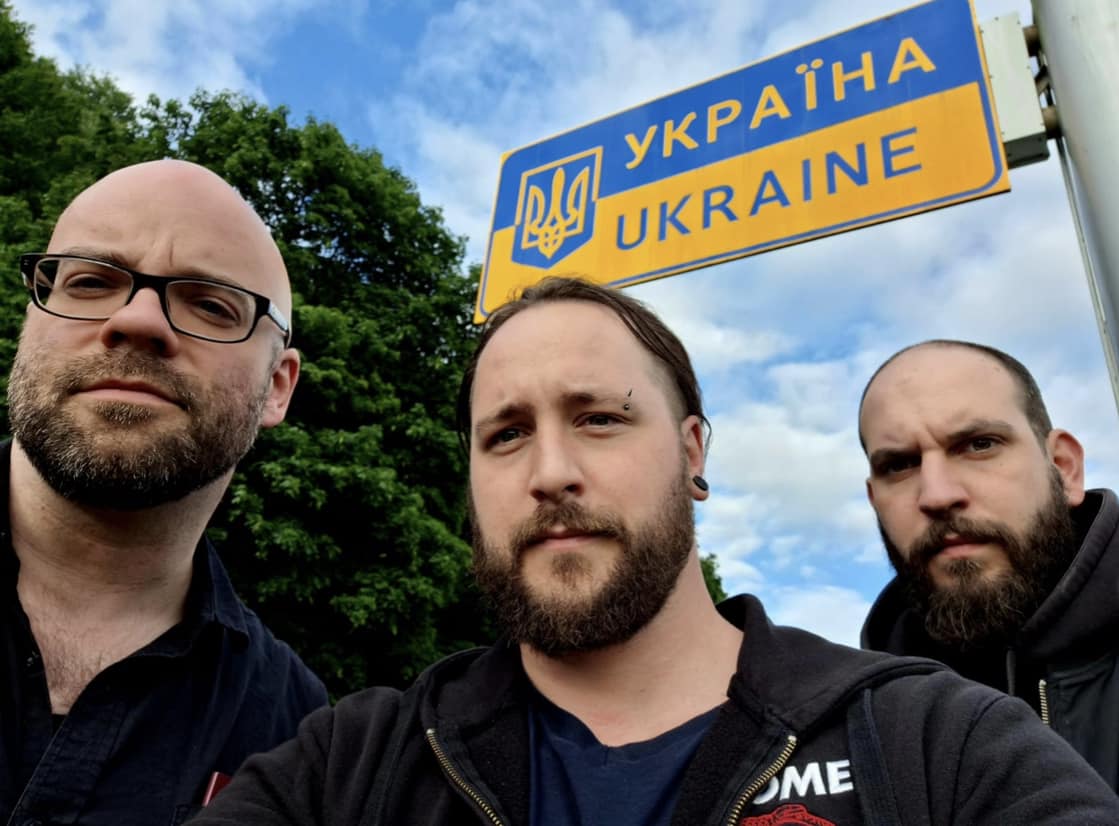
Scene Point Blank: Much of your work is built around protest, rebellion, uprising -- what happened in your life that these themes seem so omnipresent in your work? And if there’s no particular moment you can pinpoint, what do you feel is the reason that you have become so invested in chronicling hard fought struggles?
Jerome: That is a very good question, indeed. What happened, Jerome? I don’t know, haha. I have in many ways been rewriting the same song the last 20 years for sure. I don’t think I should dig too deep into all of that for my own sake, to be honest.
Scene Point Blank: You work fast, with new music almost every year. Why do you feel such a need to create? Is there a primal urge, of sorts, to get out your emotional responses to certain topics or something that moves you with no clear trigger?
Jerome: I believe it is a primal urge alright. It is my way of coping, I guess. And this art is all I do, really. And by now it is safe to say that ROME is not just what I do, but who I am.
